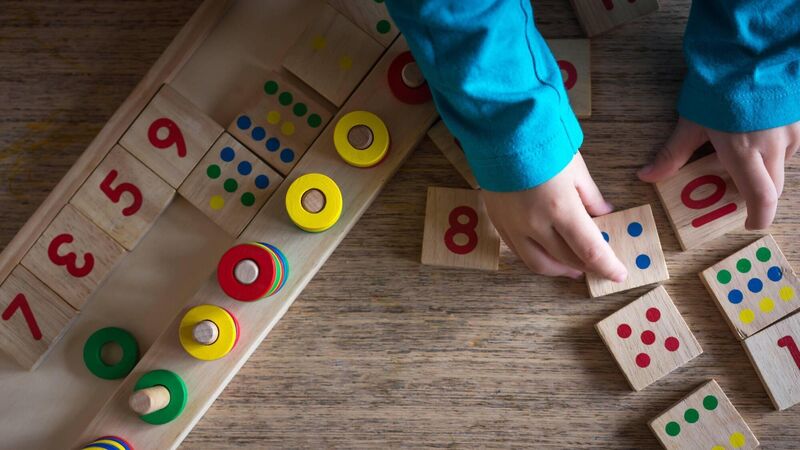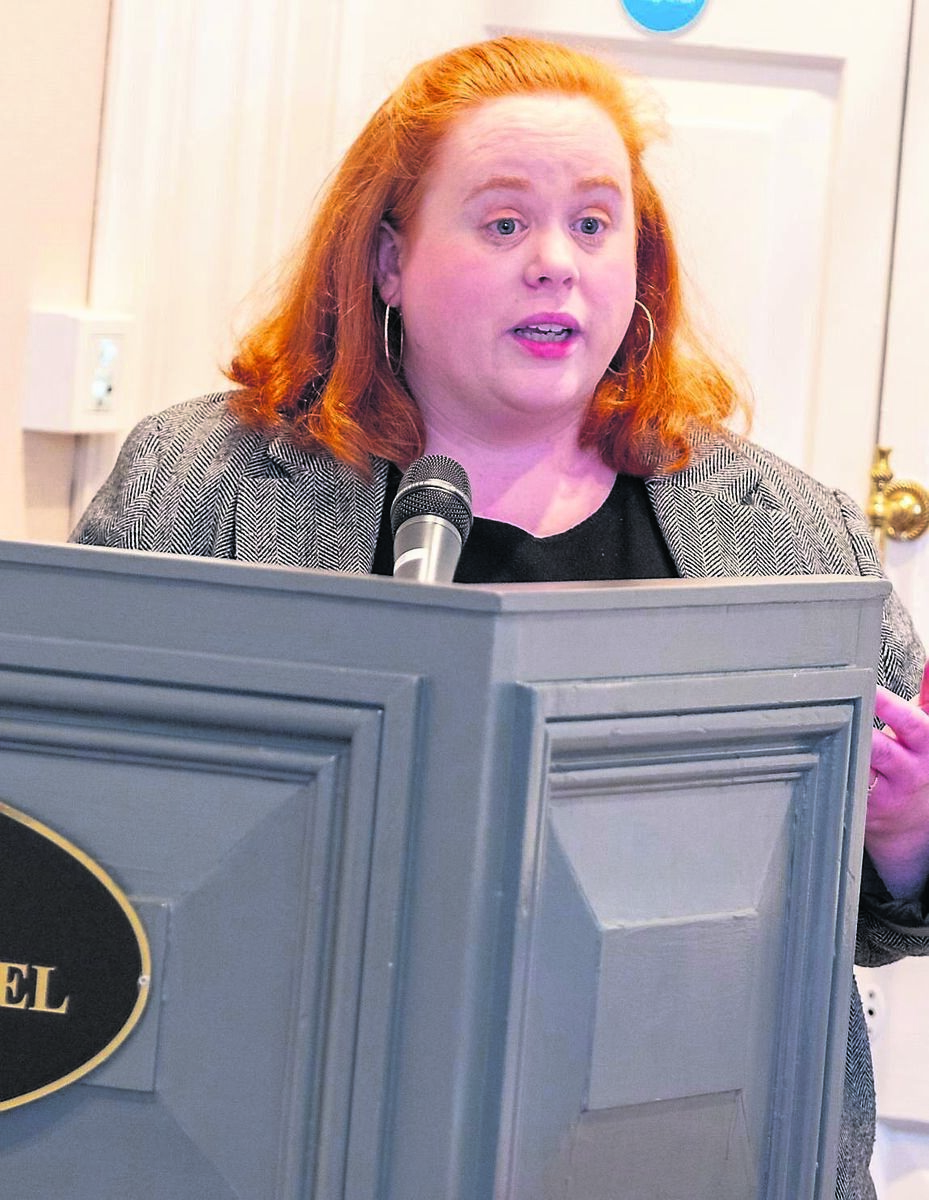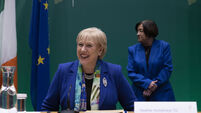Budget 2025: 'Real focus' on children and family but more 'targeted investment in services' needed

There has been a mixed reaction from representatives of children and families to Budget 2025, but an agreement across the board that the two groups have been a major focus of the measures announced.
There has been a mixed reaction from representatives of children and families to Budget 2025, but an agreement across the board that the two groups have been a major focus of the measures announced.
The budget includes two double child benefit payments before Christmas and a “baby boost” payment for parents in the form of a special one-off payment of €420 paid out following the birth of a newborn from January 1, 2025.
There are a range of other targeted measures in the form of lump sum payments of €400 to carers receiving the Carer’s Support Grant and families receiving the Working Family Payment, the thresholds for which will also increase from next January.
There will be a €12 increase in weekly social welfare payments as well as a €15 increase in Maternity Benefit, Paternity Benefit, Adoptive Benefit and Parent’s Benefit.
These supports were largely welcomed by groups such as Barnardos, Depaul, the Children’s Rights Alliance and Family Carers Ireland.
Cork’s Julie Ahern, Director of Legal, Policy and Services at the Children’s Rights Alliance told The Echo: “There has been a real focus on children and family in this budget.
“There’s been a real acknowledgement, for the first time, that older children cost more,” she said, adding that the extension of the free book scheme to senior cycle students and the increase in weekly rates of the Child Support Payment by €8 for those aged 12 and over, and by €4 for under 12s were examples of this.

“What we also saw was that the government went quite far in relation to targeted payments for those who need them most,” she continued.
“There are a number of one-off payments again, while we’ve done research with families who’ve said they’d prefer more money be put into targeted investment in services rather than one-off payments, they do mean an immediate boost for parents.
“The double child benefit before Christmas will be a help coming into that time of year when it’s going to get colder and bills are going to come.”
One area that Ms Ahern added she feels needs a push is support for families in Direct Provision, who are currently left to stretch less than €30 a week.
Meanwhile, groups such as AsIAm and Inclusion Ireland felt that the measures announced yesterday do not go far enough to help disabled children and their parents.
Cork-based Derval McDonagh, CEO of Inclusion Ireland, called for a strategic plan and “moving away from reactive, short-term fixes”.
She welcomed increases in social welfare but told The Echo: “There’s still thousands of people living at home with their family members for decades longer than they have to.
“Families and children are fighting to get access to their basic right for education and they are not getting the supports they need to – we’ve called for a strategic plan for education and so far we haven’t seen evidence that that’s going to come to fruition.”
Children’s Minister Roderic O’Gorman shared an investment in early learning and childcare of €265.8m, bringing total investment to €1.37bn. This will go towards the National Childcare Scheme budget increasing 44% leading to full-time childcare costs reducing by an average of €1,100 a year.
He also announced an increase in core funding for providers as well as ring-fenced funding to support employers in meeting further increases in minimum rates of pay for those working in the sector.
Groups such as Early Childhood Ireland have voiced their strong concern following the announcement of Budget 2025, saying that the investment will fail to deliver real change for the Early Years and School Age Care system.
The organisation’s CEO, Teresa Heeney said: “We are very concerned about the lack of proper additional investment in Budget 2025. Giving every child access to high-quality Early Years and School Age Care is transformative.
“However, what the government has announced today is utterly insufficient and represents a missed opportunity to properly enhance a system that has the best interests of every child at its core.”
The organisation’s Director of Policy, Frances Byrne, said: “The government had every opportunity to propose a five-year plan with a new investment target for Early Years and School Age Care.
“Children, families, providers and staff will now have to wait until 2026 before new funding is allocated. This is just not acceptable when there is some €23 billion surplus available.”
She added that many highly educated staff members are leaving for better-paying positions elsewhere, saying that setting a date for bringing Early Years and School Age Care graduates within public sector pay and conditions in line with teachers “would have gone a long way to resolving the staffing issues”.
Some Cork early years providers told The Echo that they are still waiting for final detail on what the increase in core funding will mean for the future of their services, but are not confident that it will go nearly far enough to address long-running funding issues in their sector.
Meanwhile, staff in the sector are also concerned, with Cork’s Julie O’Regan Lynch saying: “The pre budget forecast of an increase in the minimum wage to €13.50 caused anger, as this would put the pay of childcare workers only 15c above the minimum wage.
“This would greatly increase the number of experienced and educated staff walking away from the sector.”










 App?
App?


